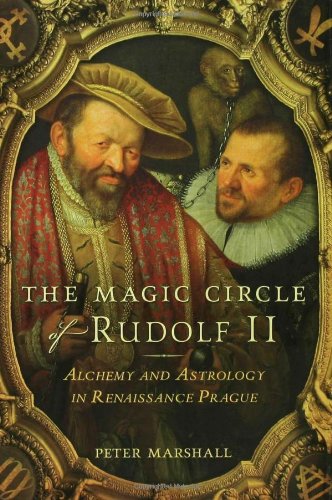

Most ebook files are in PDF format, so you can easily read them using various software such as Foxit Reader or directly on the Google Chrome browser.
Some ebook files are released by publishers in other formats such as .awz, .mobi, .epub, .fb2, etc. You may need to install specific software to read these formats on mobile/PC, such as Calibre.
Please read the tutorial at this link: https://ebookbell.com/faq
We offer FREE conversion to the popular formats you request; however, this may take some time. Therefore, right after payment, please email us, and we will try to provide the service as quickly as possible.
For some exceptional file formats or broken links (if any), please refrain from opening any disputes. Instead, email us first, and we will try to assist within a maximum of 6 hours.
EbookBell Team

0.0
0 reviewsRudolf II―Habsburg heir, Holy Roman Emperor, king of Hungary, Germany, and the
Romans―is one of history's great characters, and yet he remains largely an unknown figure. His reign (1576–1612) roughly mirrored that of Queen Elizabeth I of England, and while her famous court is widely recognized as a sixteenth century Who's Who, Rudolf 's collection of mathematicians, alchemists, artists, philosophers and astronomers―among them the greatest and most subversive minds of the time―was no less prestigious and perhaps even more influential.
Driven to understand the deepest secrets of nature and the riddle of existence, Rudolf invited to his court an endless stream of genius―Danish astronomer Tycho Brahe, German mathematician Johannes Kepler, English magus John Dee, Francis Bacon, and mannerist painter Giuseppe Archimboldo among many others. Prague became the artistic and scientific center of the known world―an island of intellectual tolerance between Catholicism, Protestantism, and Islam.
Combining the wonders and architectural beauty of sixteenth century Prague with the larger than-life characters of Rudolf's court, Peter Marshall provides an exciting new perspective on the pivotal moment of transition between medieval and modern, when the foundation was laid for the Scientific Revolution and the Enlightenment.